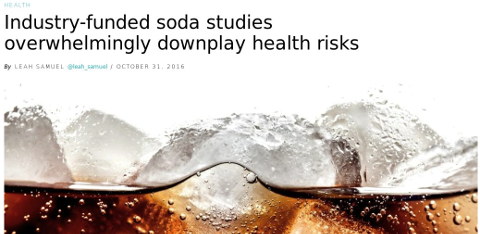

THE occasional public events that discuss patents tend to be a sham. We wrote about several such bogus panels last year. These are echo chambers. Not a single engineer or technical person attended such events (or spoke in them). Lawyers, attorneys and managers were everywhere; public officials too. But nobody who actually applies for a patents or whose work is affected by patents. The intention of such events is to mislead the public by exclusion of voices.
"The intention of such events is to mislead the public by exclusion of voices."Such was the report on Section 101, which was the outcome of lobbying, as we noted yesterday and earlier this week. The USPTO continues to grant patents that courts very often reject because the examiners, pressured from above, are too eager to grant and increase the numbers irrespective of merit (prior art, complexity of said invention and so on). It's similar to what is happening at the EPO, but the US has PTAB (appeal board/s), whereas these systematically get marginalised in Europe and Oppositions/Appeals too (another division) sees windows narrowed to further impede/suppress much-needed gchallenges.
"Well, "these participants" are the patent microcosm, which does no innovation at all."To make a long story short (or a 60-page document more concise), front groups of the microcosm want not only to eliminate PTAB but also to broaden patent scope, as usual. IAM has just named those notably involved as "the Intellectual Property Owners Association (IPO), the American Intellectual Property Lawyers Association (AIPLA) and the IP section of the American Bar Association (ABA)," adding that they "have all put forward proposed 101 revisions" (to water down Alice effects).
This is very much expected and this is why we need to watch this carefully. The writer too is a patent maximalist (longtime proponent of trolls and software patents) and he said:
The report is not an advocacy document [yeah right!] and is therefore not designed to influence the patent reform debate in one direction or another. But it does conclude that a majority of those who took part in the consultation process favour legislative change to 101. “A call for legislation was particularly strong from the life sciences industry but also had many supporters from computer-related industries,” the PTO wrote. “According to these participants, the [Supreme] Court’s precedent is having such a harmful impact on innovation and business development that a legislative solution is critical.”
"Sites like IAM must be very pleased, for they are directly funded by the patent microcosm and effectively act as a front/influence group."We have to confess that we have not yet read the entire report (it's too long), but the impression we get from those who have is that it amplifies the positions of the patent microcosm. Sites like IAM must be very pleased, for they are directly funded by the patent microcosm and effectively act as a front/influence group. That's just their business model.
Earlier today another writer from IAM wrote in order to protest Japan's likely/imminent decision to do the right thing, having already toughened the courts (to make frivolous patent lawsuits harder). Those who use standards as Trojan horses to tax a lot of companies (the way MPEG-LA does) might lose their power, so the exploiters of such schemes panic a little. IAM responded with this:
The Prime Minister’s Office included the ADR proposal in its 2017 IP Promotion Plan. The document calls for the necessary amendments to the Patent Law to be submitted at the next ordinary session of the Diet, which is in January 2018. The plan states that the legal structure of the new system, which it maintains will not ‘abuse patent owner rights’, should be determined by March 2018.
"As is usual and ever so typical from IAM, which already protested the Japanese courts' hostility towards bad patent, it then veers off and turns into a megaphone of the abusers."It ought to be clear by now that there's an information war between "parasitic" elements in the patent world (trolls and law firms) and everybody else, namely companies that produce things and the public (which buys these things). If the USPTO fails to recognise and take this into account, it will be treated as nothing more than an extension of the "parasite". ⬆